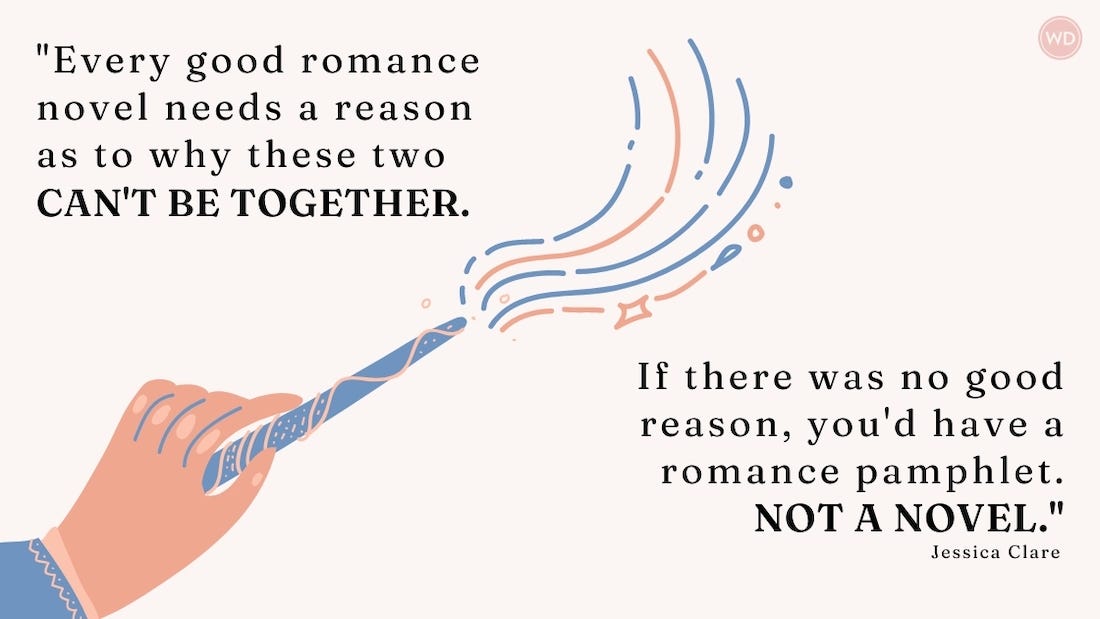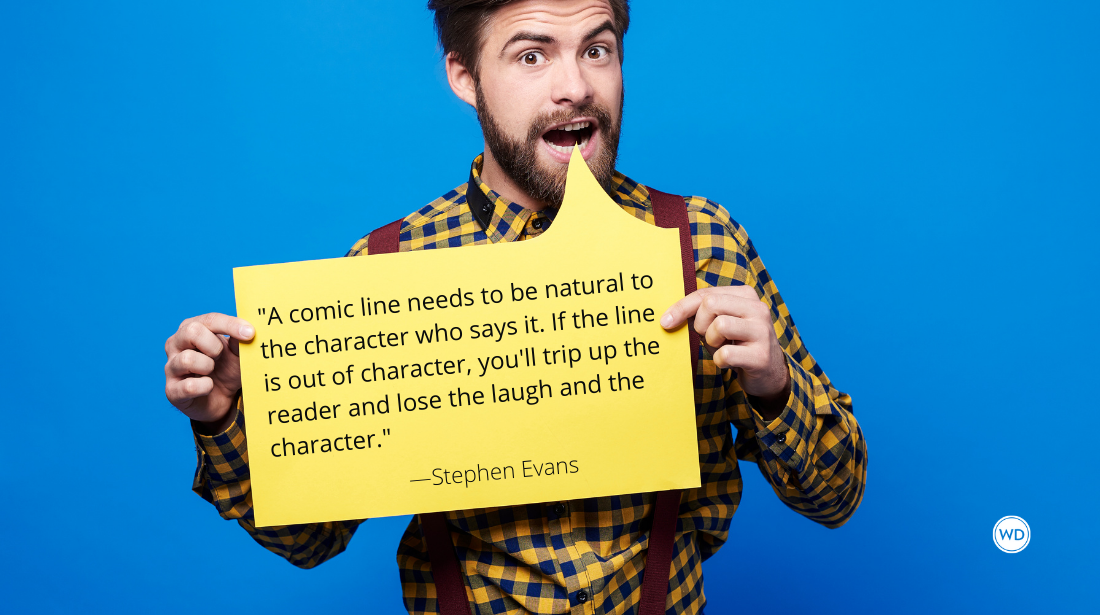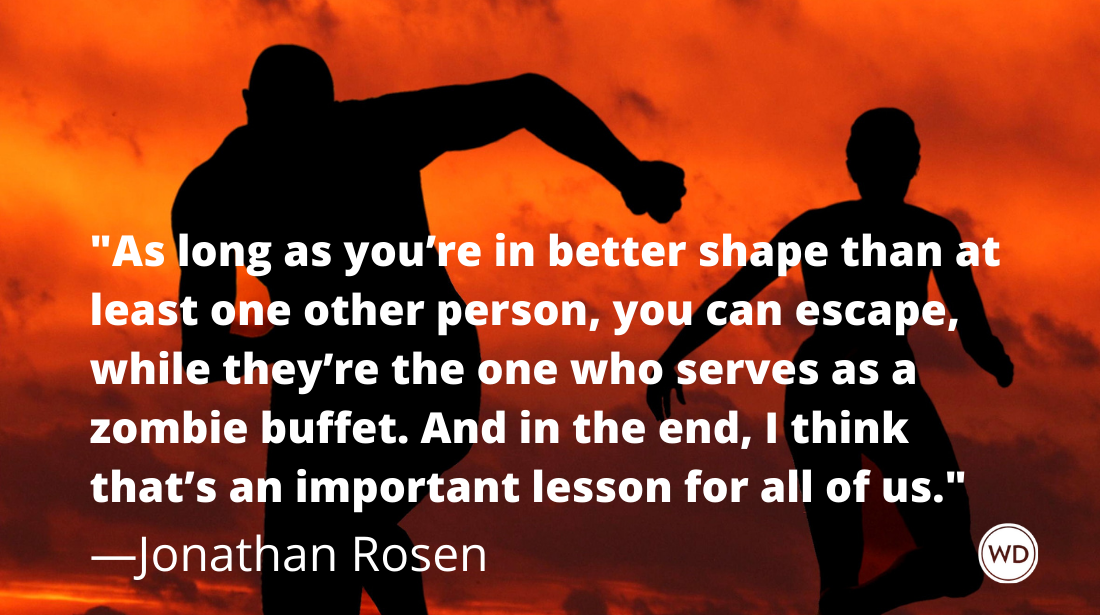Bob, The Column: On Conquering Criticism
Humor writer Bob Woodiwiss, author of The Serfitt & Cloye Gift Catalog: Just Enough of Too Much, takes a funny look criticism.
Hey, you. Yeah, you, Mr. or Ms. Aspiring Professional Arranger of Words in an Interesting and/or Informative Manner Person. Are you fearless? Resilient? Tough? I don’t mean recumbent bicycler tough or brow-pierced barista tough or clove cigarette-smoking competitive ballroom dancer tough, I’m talking bring-it-on, hard-as-nails, I-eat-esoteric-synonyms-for-petit-dejeuner writer tough. (Think Hemingway, right up till the instant he pulled the trigger. Or Isaac Bashevis Singer on days he was tweaking on crystal meth.) You better be. Because if you plan to make your living by putting some part of yourself (brain, heart, spleen, colon, meniscus, et al.) on the page, you need to be a rock. If you aren’t, or if you’ve chosen, unwisely, to be a softish, non-igneous rock, like sandstone or shale, the criticism that will inevitably come your way could crush and shatter you, something rarely covered by health insurance.
Allow me to illustrate with some reactions to my first book: “Wretchedly execrable.” “Wholly deficient.” “Delusional.” “Mumbo jumbo.” Those reviews, though the kindest I received, still hurt. That they came from, respectively, my biological mom; my adoptive mom; my imaginary friend, Cliff; and Cliff’s mom, hurt even more. That the book in question was my personal diary ratcheted the pain up to the stubbing-one’s-pinky-toe-while-passing-a-kidney-stone-during-childbirth level. Still, I survived. Literally! And you can, too. (Not a guarantee.)
How? By being psychologically and emotionally prepared for the withering condemnation of your work by the cruel, malicious, heartless, damnable bastards who are kind enough to read it.
Easier said than done, I know. An artistic nature is necessarily one of heightened sensitivity and lowered self-worth. For most of us, a diurnal life of tears and a nocturnal life of night terrors are the price we pay for our talent, though some muses now take Discover Card. But I can help. Before your next (or first) bad review(s), consider these strategies:
1. BE READY TO RESPOND IN KIND … TO THE EXTREME! Believe me, if more writers answered their critics with, say, a waterboarding, unfavorable reviews would be rarer than undisgraced televangelists.
2. WEAR A CALLUS ON YOUR PSYCHE. Incessantly debase yourself and your abilities; insistently deem your writing “pathetic tripe.” It’s easy to ignore the slings and arrows of others if you’ve already gut-shot yourself.
3. WRITE FLAWLESSLY. Elevate every element of your work from excellent to perfect. Remember: The only problem with perfectionism is your imperfect approach to it.
4. SWITCH TO WRITING POETRY. Ain’t nobody reads that.
Become a Writer's Digest VIP:
Save 10% off all shop orders by becoming a VIP today, plus a 1-year subscription to Writer's Digest magazine and WritersMarket.com!








